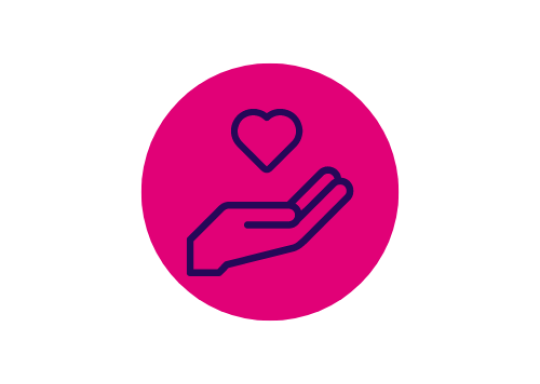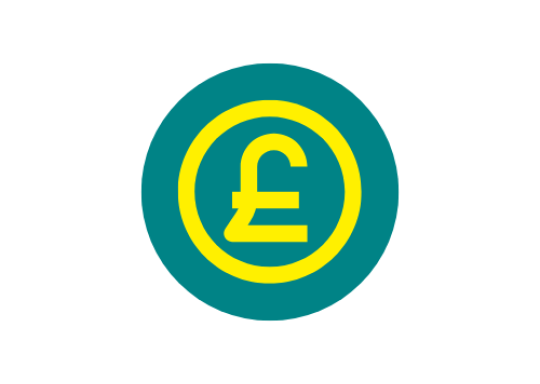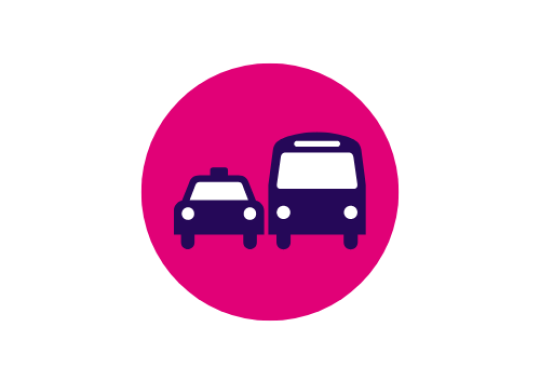Carer's Allowance
Carer's allowance is a benefit for people who regularly spend at least 35 hours a week caring for a disabled person. You don’t have to be related to that person or be living with them.
You can still qualify for carer’s allowance even if you have never been employed or paid national insurance contributions.
In Scotland, carer's allowance is being replaced by carer support payment.
Contents
Who can get carer's allowance?
Carer's allowance qualifying benefits
What if I am working and getting carer's allowance?
Carer's allowance residence and presence tests
How much carer's allowance do I get?
How do I claim carer's allowance?
Carer's allowance if you are over pension age
Carer's allowance and universal credit
Where can I get more help or information?
Who can get carer's allowance?
To get carer's allowance you must:
- be caring for a person who is getting a qualifying benefit;
- be aged 16 or over;
- be caring for at least 35 hours a week;
- not be in full-time education (21 hours a week or more);
- not be earning more than £196 a week, if you have a part-time job; and
- be present and resident in Great Britain and not be subject to immigration control.
Carer's allowance qualifying benefits
The following are ‘qualifying benefits’ for carer’s allowance:
- the daily living component of personal independence payment or adult disability payment;
- either the highest or the middle rate of the care component of disability living allowance, Scottish disability living allowance or child disability payment;
- attendance allowance;
- constant attendance allowance (of £90.20 or more) paid with the Industrial Injuries or War Pensions schemes; or
- armed forces independence payment.
What if I am working and getting carer's allowance?
If you get carer’s allowance, you are allowed to work but must not earn more than £196 a week after tax, national insurance contributions and half of any pension contributions you make have been taken into account.
If you pay someone to look after either the person you care for or any of your children who are under the age of 16, you can have these payments offset against up to half of any net earnings you receive. You cannot do this if the payments are made to a close relative. A close relative is the parent, partner, son, daughter, brother or sister of you or the person you care for.
Carer's allowance residence and presence tests
To qualify for carer’s allowance, you must satisfy the residence and presence tests. For this, you must:
- be present in Great Britain* and have been present in Great Britain* for two out of the last three years before claiming; and
- be habitually resident (see below) in the United Kingdom, the Channel Islands, the Republic of Ireland or the Isle of Man.
'Present' means physically present in Great Britain*. There are rules that may allow you to be treated as present during a temporary absence.
If you have been granted refugee leave or humanitarian protection, you only have to be currently present in Great Britain*, you do not need to have been present in Great Britain* for two out of the last three years before claiming.
There is no legal definition of 'habitual residence'. Relevant factors are where you normally live, where you expect to live in future, your reasons for coming to this country, the length of time spent abroad before you came here, and any ties you still have with the country where you have come from.
*or present in Northern Ireland, if you live there
For more information, see our Disability Rights Handbook.
How much carer's allowance do I get?
The rate is £83.30 per week (from 7 April 2025).
Carer’s allowance can continue to be paid for up to 8 weeks after the person you care for has died.
Carer’s allowance is not means tested, which means it is not affected by your income or savings (although there is an earnings limit). It is taxable. Any savings you have do not affect your carer’s allowance.
Additional payments in Scotland
In Scotland, you will also receive a ‘carer’s allowance supplement’ of £293.50 every six months from the Scottish government.
Carer’s allowance supplement is disregarded when working out universal credit, pre-universal credit means-tested benefits, and tax credits.
How do I claim carer's allowance?
You can claim online at: www.gov.uk/carers-allowance/how-to-claim or, in Northern Ireland, at: www.nidirect.gov.uk/services/apply-carers-allowance-online
You can also claim on form DS700 (DS700(SP) if you get state pension), available by calling 0800 731 0297 (textphone: 0800 731 0317; Relay UK 18001 then 0800 731 0297) or 0800 587 0912 (textphone 0800 012 1574) in Northern Ireland. They can be downloaded from: www.gov.uk/government/publications/carers-allowance-claim-form.
Carer's allowance if you are over pension age
If your state pension is less than carer’s allowance, state pension is paid and topped up with carer’s allowance to the basic rate of carer’s allowance.
If your state pension is more than your carer’s allowance, you won't actually get carer’s allowance, but you will still have an ‘underlying entitlement’ to it. This may help you to get an increase in any means-tested benefit you are receiving, such as pension credit.
Carer's allowance and universal credit
You can get a ‘carer amount’ of £201.68 a month included in your universal credit award if you have ‘regular and substantial caring responsibilities’ for a severely disabled person. You are considered to have such responsibilities if you meet the qualifying conditions for carer's allowance.
To qualify for universal credit, you may need to meet certain work-related conditions, known as requirements. These are recorded in a claimant commitment. If you have ‘regular and substantial caring responsibilities’ for a severely disabled person, none of the requirements will apply to you.
Carer's allowance in hospital
The day you are admitted is treated as a day out of hospital and the day you are discharged is treated as a day in hospital.
If you go into hospital, your carer’s allowance will stop after 12 weeks.
If the person you are caring for goes into hospital, your carer’s allowance will stop when their qualifying benefit stops.
Where can I get more help or information?
Advice
Use advicelocal to get advice in your area.
See also our Getting Advice guide
Find out more
If you are an adviser see our Disability Rights Handbook



